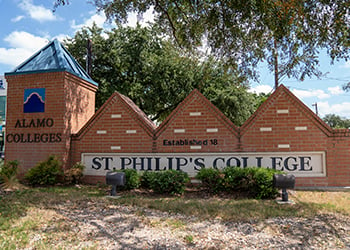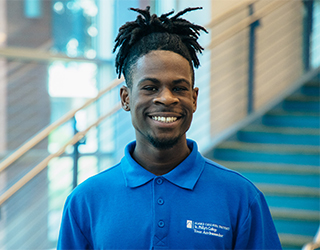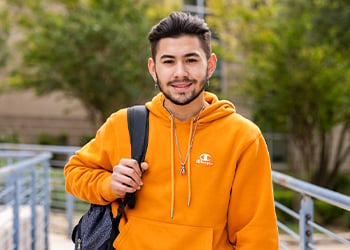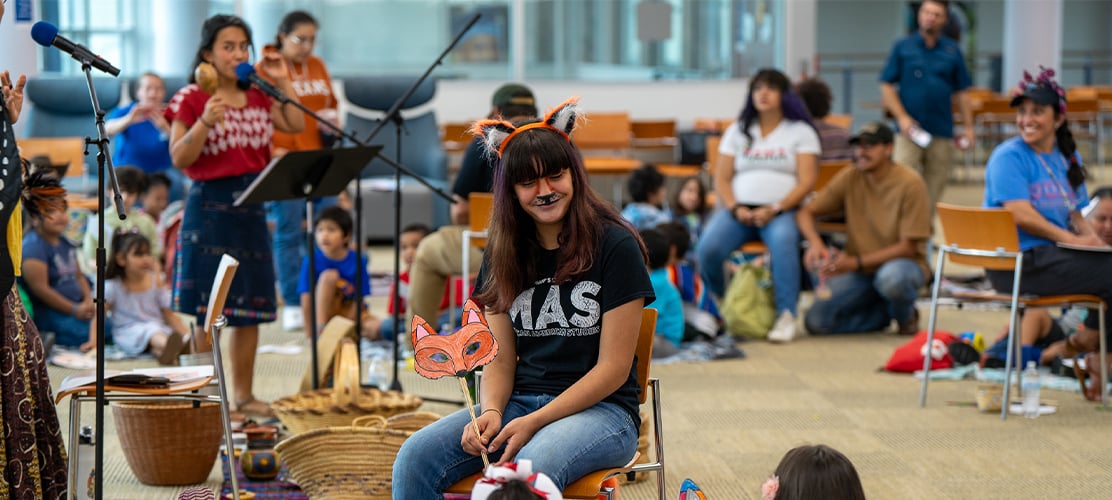
Mexican-American Studies
Program Level:
Pre-Majors/Transfer
Department:
Social and Behavioral Sciences
Institute:
Creative & Communication Arts
College:
SPC
What is Mexican-American Studies?
The St. Philip's College Mexican American Studies Program is an interdisciplinary program that focuses on the Mexican-American experience. It seeks to highlight the cultural, intellectual, historical, artistic, and political legacies of people of Mexican descent.
The Mexican-American Field of Studies program is geared to guide students in exploring and examining the lives, cultural values, and history of the Mexican-American experience. Mexican-American Studies bring together several various disciplines and themes such as history, humanities, art, music, and literature.
What will I learn?
This interdisciplinary approach allows students to have a multi-perspective understanding of the Mexican-American historical influence on human societies and culture.
What can I do with this course of study?
Mexican-American Studies prepares students for transfer to any Baccalaureate program while gaining important insight into culture and its relevance within any career path.
What's special about the program?
Courses in Mexican-American FOS will transfer throughout Texas and the U.S. to pursue a Baccalaureate degree.
Mexican-American Studies Events
Throughout the academic year, the MAS program organizes various cultural, artistic, ecological, and education events. One of our annual events includes the Dia de los Niños Celebration and book giveaway, where we host students from SPC’s Child Development Center and Bowden Academy.
Coalition for Regenerative Ecologies and Agriculture (CREA)
The Coalition for Regenerative Ecologies and Agriculture (CREA) is a transdisciplinary project co-led by faculty at St. Philip's College and The University of Texas at San Antonio that seeks to establish a transnational collective that will support regenerative ecological and agricultural practices with farms and cultural organizations based in San Antonio, Texas and Veracruz, Mexico. As such, the program seeks to deepen the understanding and practice of regenerative methods designed to restore degraded land and increase biodiversity.
CREA is generously funded by a United States Department of Agriculture (USDA) Collaborative Hispanic Serving Institutions (HSI) Education Grant.
Degrees and Certificates
St. Philip's College programs offer the following degree(s) and certificate(s). View our Course Catalog for more information.
Course Catalog 2024-2025 MAS Course Offerings M.A.S. Virtual Background
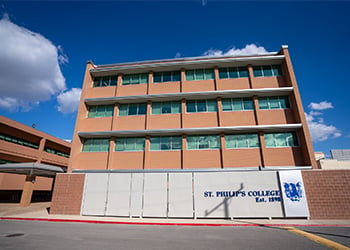
Contact Us
|
Marissa Ramirez Program Director |
MLK : Clarence Windzell Norris Building (CWN), 412.15 |
|
|
Department Location Social & Behavioral Sciences |
MLK : Sutton Learning Center (SLC), 219 |
